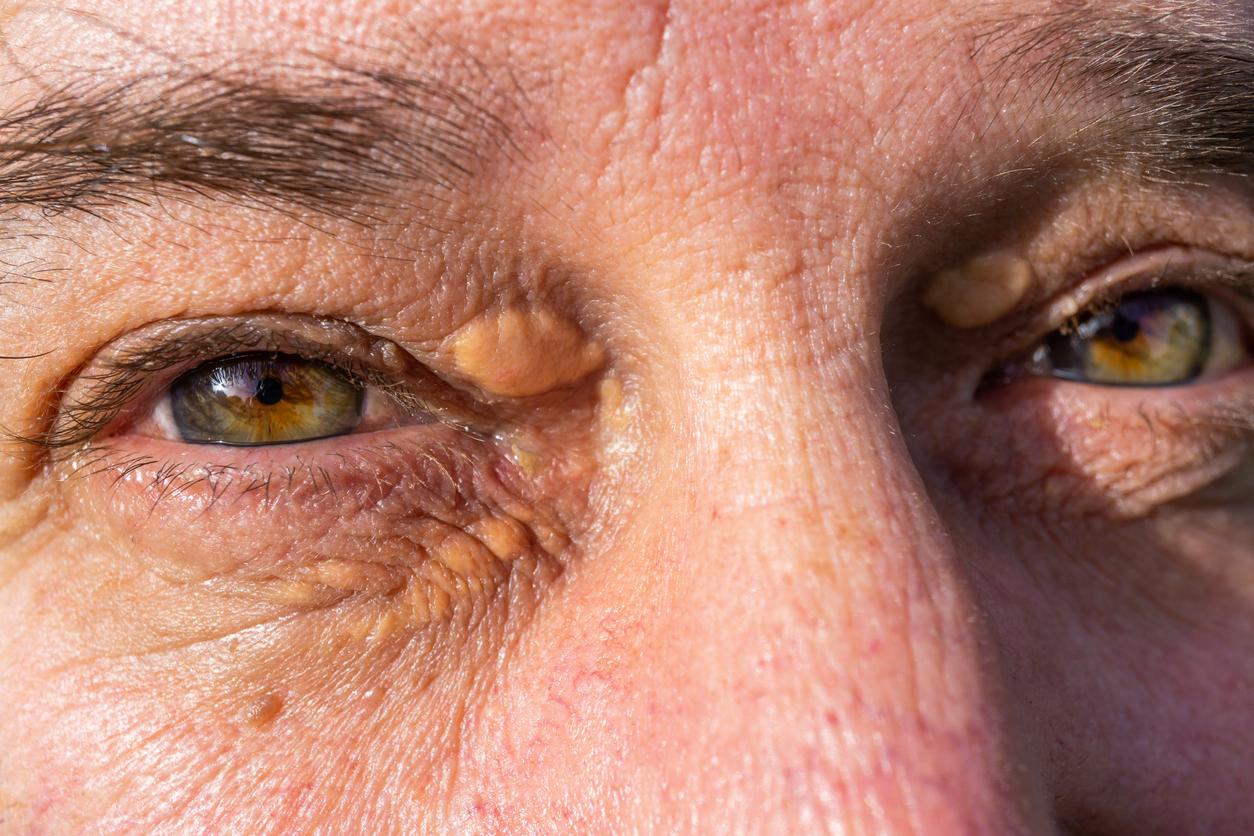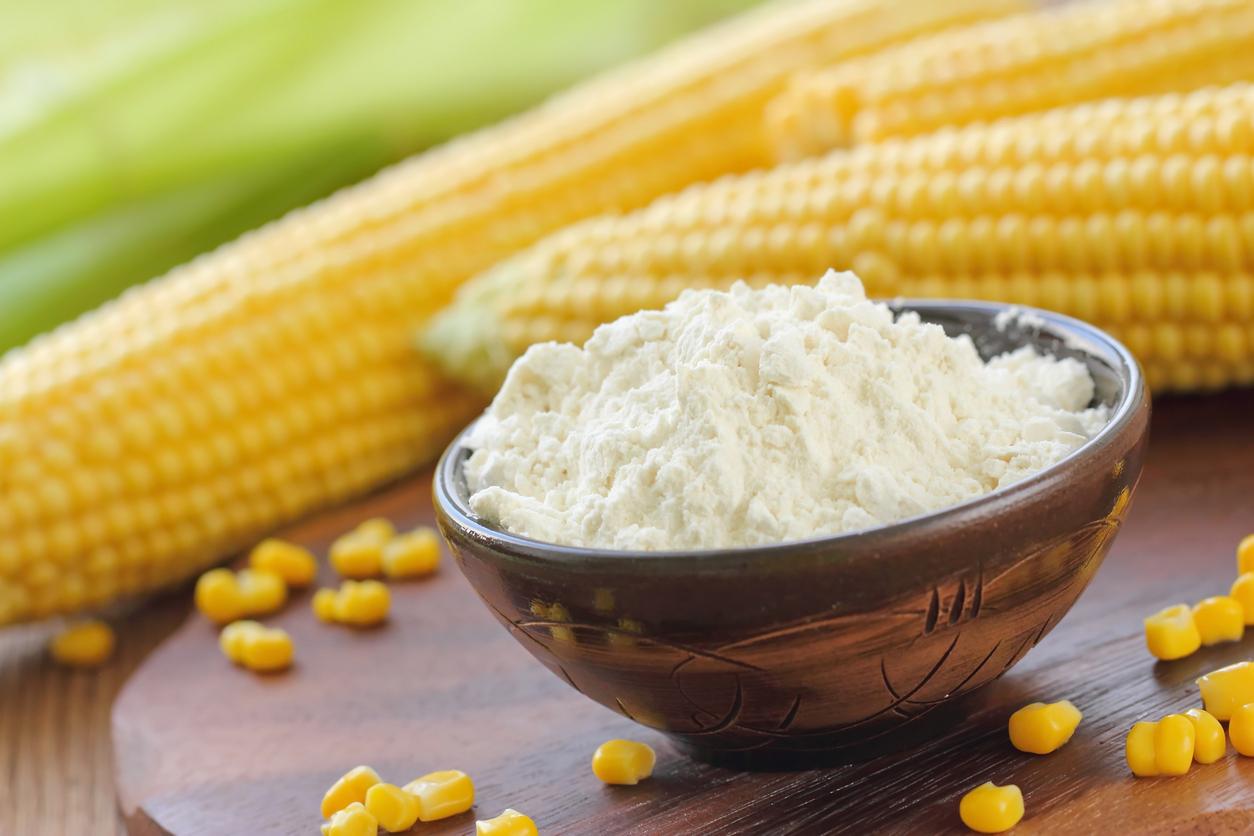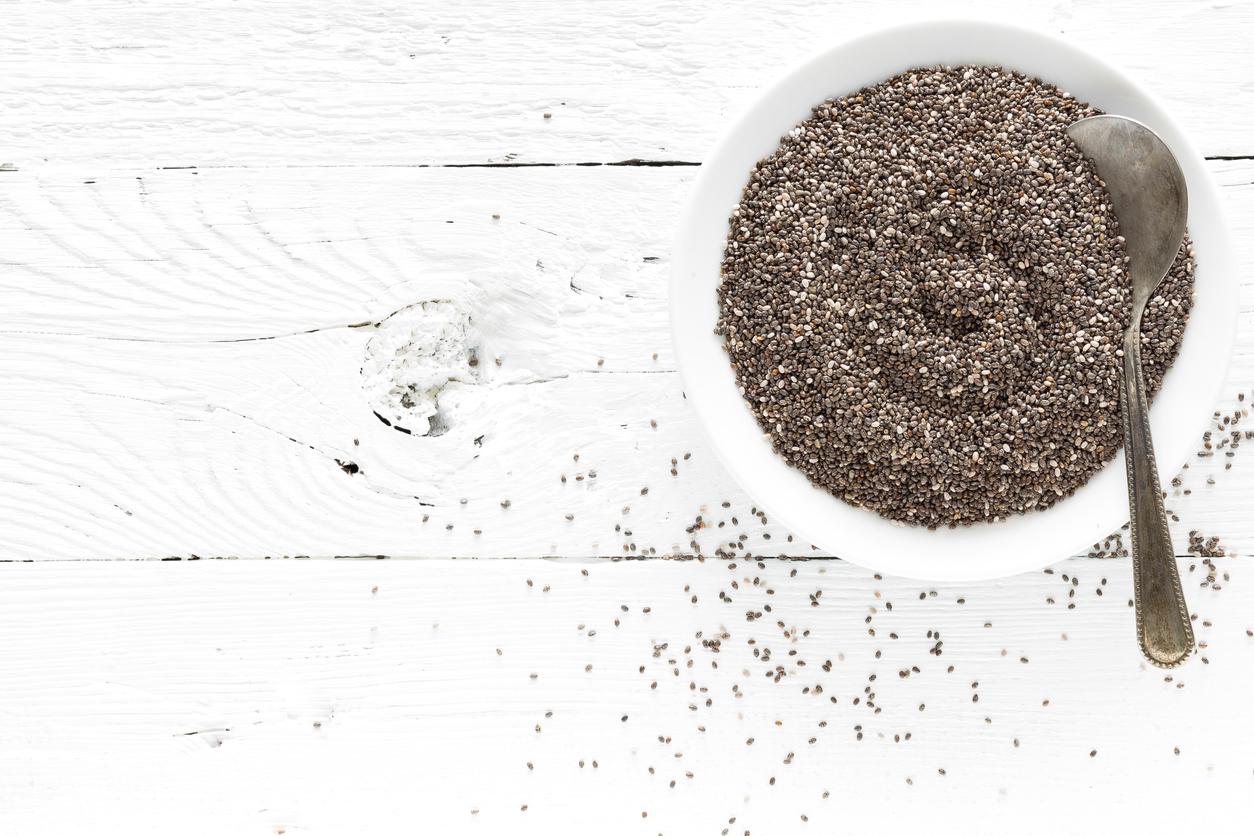Some fats are better for the body than others. In order to avoid developing bad cholesterol, the basis of many cardiovascular diseases, a German study suggests favoring a diet based on seed oil.

Each year, cardiovascular disease is the number one cause of death worldwide. While these are often caused by too much bad cholesterol, German researchers have tried to determine which fats to favor in order to boost your health. And, no offense to the Mediterraneans, according to the results of their study published this month in the journal Journal of Lipid Research, seed oil is much better for the body than olive oil.
Dr. Lukas Schwingshackl of the German Institute for Human Nutrition in Potsdam-Rehbruecke and his team analyzed 55 studies, some dating back to 1980, which had compared for at least three weeks the effects of different types of fat-based diets on blood lipids. Their meta-analysis took into account 13 solid oils and fats: safflower, sunflower, rapeseed, linseed, olive, hemp, corn, coconut, palm and soybean oil. Solid fats included butter, beef fat and lard.
Result: according to Dr. Schwingshackl, the “best performances” on blood lipids are provided by safflower, sunflower, rapeseed and flaxseed oil. In contrast, “solid fats like butter and lard are terrible choices for LDL cholesterol.”
“Not an official clinical result”
LDL (Low Density Lipoprotein, or low density lipoproteins), better known as “bad cholesterol” corresponds to the excess cholesterol that is deposited on the walls of blood vessels to form atheroma plaques and constitutes a cardiovascular risk factor. It opposes HLD, (good cholesterol) which removes cholesterol from the arteries and carries it to the liver to destroy it.
This study shows that “replacing saturated fatty acids with mono or polyunsaturated fatty acids reduces low density lipoprotein (LDL) cholesterol, the bad cholesterol, which is a strong risk factor for cardiovascular disease”, explain the researchers, however, admitting the limits of their approach. Indeed, their study focused on lipid levels only and did not take into account the consequences of this or that diet in relation to disease.
“This is not an official clinical result,” note the authors, who also lament that they failed to pick a winner from the seed oil list.
Addressing Behavioral Risk Factors
In 2015, 17.7 million people died of cardiovascular disease, representing 31% of total global mortality. In detail, the World Health Organization (WHO) estimates that 7.4 million of these deaths are due to coronary heart disease (disease affecting the blood vessels that supply the heart muscle) and 6.7 million to stroke. In most cases, these diseases can be prevented by addressing behavioral risk factors such as smoking, poor diet, obesity, physical inactivity, alcohol, diabetes, high blood pressure or hyperlipidemia.
Indeed, infarctions and cerebrovascular accidents are most often due to the blockage of an artery preventing blood from reaching the heart to the brain, in general because of the constitution of a fatty deposit on the internal walls of the vessels. blood supplying these organs. They can also result from bleeding from a blood vessel in the brain or from clots.
“Health policies, which create the conditions to make it both affordable and possible to make the right health choices, are key to motivating people to adopt and stick to healthy behavior” , so concludes WHO on its website.

.















